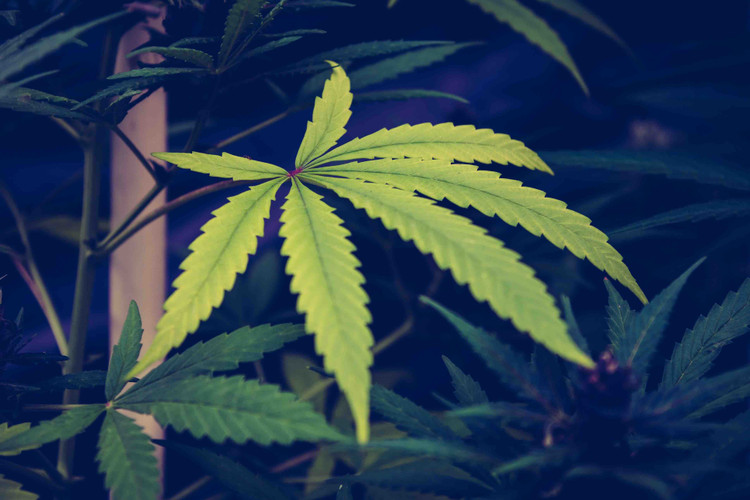Dec 4th 2019
The Tale of Two Cannabinoids: Why THC Gets You High While CBD Does Not
The Tale of Two Cannabinoids: Why THC Gets You High While CBD Does Not
Cannabis is quite an amazing plant, created by mother nature with well over 100 different cannabinoids that have surprisingly different effects on the body.
Cannabis also contains terpenes and flavonoids that enhance the effects of these cannabinoids and have their own individual qualities of their own. (We’ll save that conversation for another day.) While science is still discovering the benefits of all the cannabinoids in the cannabis plant, two cannabinoids – THC and CBD – are the best known.
THC, aka delta-9-tetrahydrocannabinol, is the main intoxicating ingredient in cannabis. While we knew of its intoxicating effect, it was not until 1965 when Israeli scientist Dr. Rafael Mechoulam synthesized the THC molecule that we started to understand why. Because cannabis remains classified as a Schedule I substance, research is somewhat stifled but recent recreational and medical legalization has helped us understand more than ever before.
What we now know is that THC is an agonist – or activator – of the CB1 receptor. We also know that the CB1 receptor is the critical target in the brain that produces intoxication. Brain imaging studies have shown that during THC intoxication, there is increased blood flow to the prefrontal cortex region of the brain. It is this region of the brain that is responsible for decision making, attention and motor skills, among others. THC intoxication can affect any of these functions, albeit in different ways for different people.
CBD, aka Cannabidiol, also has a direct impact on brain function – but in a very different way. What is often misstated is that CBD is also psychoactive. Yes, any substance that has a direct effect on the function of the brain is considered to be psychoactive. What CBD is not – unlike THC – is intoxicating. This is an important distinction: CBD is psychoactive but non-intoxicating.
CBD was first extracted from the cannabis plant in 1940 by chemist Adams but not until 1963 did we understand the 3-dimensional molecular structure of CBD – thanks again to Dr. Mechoulam. While THC has been historically the most studied of the cannabinoids, the health and wellness contributions of CBD that many have experienced has only increased the desire for more cannabinoid research.
What we know now is that, unlike THC, CBD is incredibly bad at activating the CB1 receptor in the body’s endocannabinoid system. In fact, CBD interferes with the activity of the CB1 receptor – which is why, when higher levels of CBD are present with THC, the paranoid feeling or anxiety that may appear with THC intoxication is calmed or subdued. THC activates the CB1 receptor, while CBD inhibits it.
In 2012, a study revealed that CBD targets the alpha-3 glycine receptors, a crucial target for pain processing in the spine to suppress chronic pain and inflammation.
So, it turns out cannabis is a very complex plant, containing two cannabinoids that have relatively opposite effects on regional brain function, yet can enhance each other when combined. It is exciting to think of all we have to learn about all the 100+ cannabinoids in cannabis, and how they all (with terpenes and flavonoids) work together as an ensemble.
https://www.ncbi.nlm.nih.gov/pubmed/19627647


